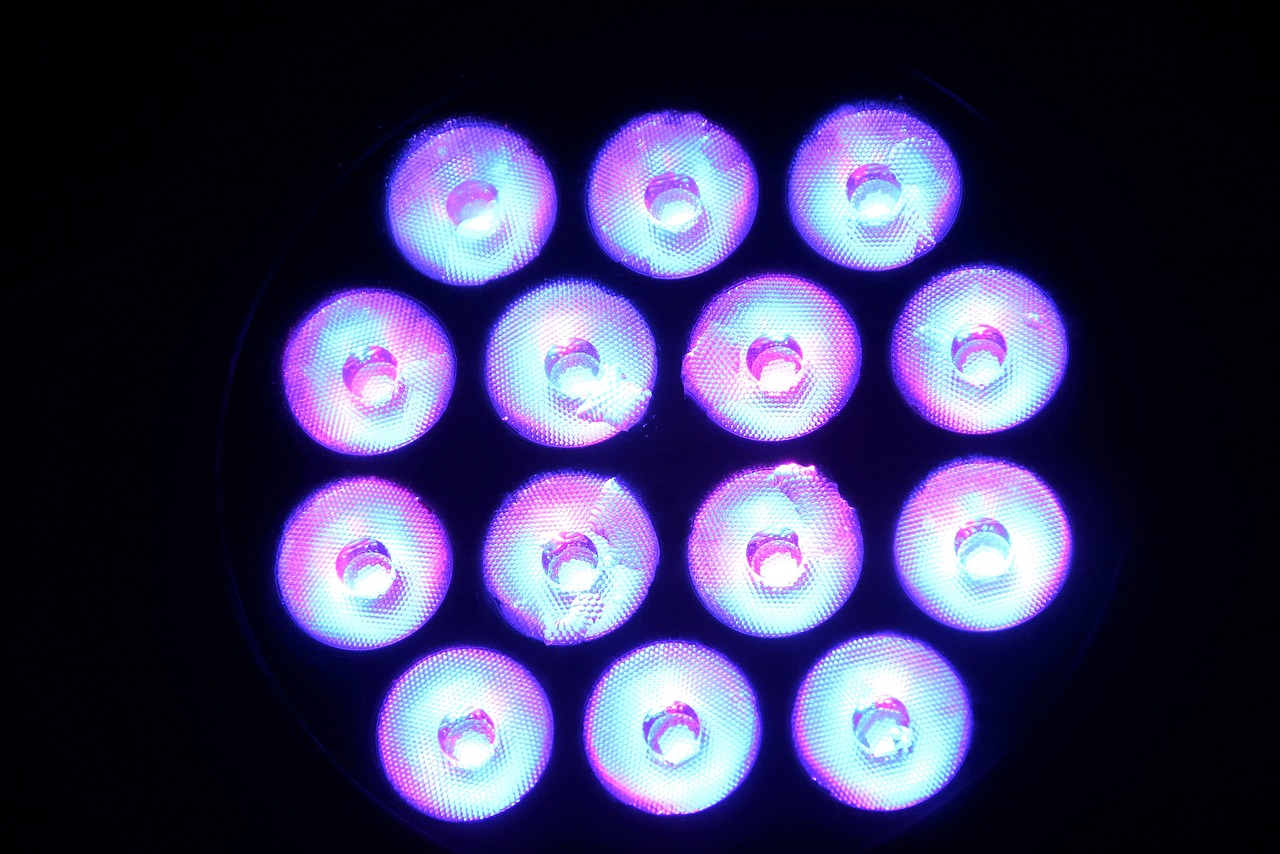In recent years, LED light therapy has emerged as a revolutionary approach to skin rejuvenation, offering a non-invasive solution for those seeking to enhance their skin’s appearance and combat signs of aging. This innovative treatment harnesses the power of specific light wavelengths to promote cellular renewal and skin health, making it an increasingly popular choice among skincare enthusiasts and professionals alike.
Understanding LED Light Therapy
Light Emitting Diode (LED) therapy represents a significant advancement in skincare technology, utilizing precisely calibrated light wavelengths to penetrate different layers of the skin. This sophisticated treatment works at a cellular level, triggering natural biological processes that promote healing and regeneration.
How LED Light Therapy Works
The science behind LED light therapy lies in its ability to penetrate the skin at varying depths. When specific wavelengths of light reach the skin’s cells, they trigger a photochemical reaction that stimulates the production of adenosine triphosphate (ATP), the primary energy source for cellular functions. This increased cellular energy leads to enhanced:
- Collagen synthesis in the dermis layer
- Cellular regeneration and repair
- Blood circulation in treated areas
- Fibroblast activity for tissue repair
|
Light Penetration Depths |
Skin Layer |
Primary Effects |
|---|---|---|
|
Superficial (415-450nm) |
Epidermis |
Antibacterial action |
|
Medium (630-670nm) |
Upper dermis |
Collagen stimulation |
|
Deep (810-850nm) |
Lower dermis |
Tissue repair |
Different Types of LED Light and Their Effects
LED light therapy utilizes various wavelengths, each offering unique benefits for skin health:
|
Light Color |
Wavelength |
Primary Benefits |
|---|---|---|
|
Red |
630-670nm |
Collagen production, anti-aging |
|
Blue |
415-450nm |
Acne treatment, antibacterial |
|
Near-infrared |
810-850nm |
Deep tissue healing |
|
Green |
520-550nm |
Hyperpigmentation reduction |
|
Yellow |
570-590nm |
Redness reduction |
Key Benefits of LED Light Therapy for Skin Rejuvenation
Reduction of Fine Lines and Wrinkles
Red LED light therapy has shown remarkable effectiveness in diminishing the appearance of aging signs. This wavelength penetrates to a depth of about 1-2mm into the skin, where it:
- Stimulates fibroblast activity
- Increases collagen production by up to 30%
- Enhances cellular repair mechanisms
- Promotes skin cell turnover
Improvement in Skin Elasticity and Firmness
The combination of red and near-infrared light wavelengths works synergistically to improve skin structure and firmness. Clinical studies have demonstrated:
- 25-30% increase in skin density
- Significant improvement in skin texture
- Enhanced elastin production
- Stronger dermal matrix
Treatment of Acne and Blemishes
Blue LED light therapy has revolutionized acne treatment through its powerful antibacterial properties. This specific wavelength:
|
Mechanism |
Effect |
|---|---|
|
Bacterial elimination |
Destroys P. acnes bacteria |
|
Oil regulation |
Normalizes sebum production |
|
Inflammation reduction |
Calms active breakouts |
|
Pore refinement |
Minimizes pore appearance |
Reduction of Redness and Inflammation
LED therapy effectively addresses skin inflammation through multiple mechanisms:
- Cytokine modulation: Reduces inflammatory mediators
- Vasodilation control: Improves blood flow
- Cellular repair acceleration: Speeds healing
- Oxidative stress reduction: Minimizes free radical damage
Comparing LED Light Therapy with Other Skin Rejuvenation Treatments

LED Light Therapy vs. Laser Treatments
|
Aspect |
LED Therapy |
Laser Treatments |
|---|---|---|
|
Pain level |
Minimal to none |
Moderate to high |
|
Recovery time |
None |
3-7 days |
|
Cost per session |
$50-150 |
$200-500+ |
|
Risk of side effects |
Very low |
Moderate |
|
Treatment frequency |
2-3x per week |
4-6 weeks apart |
LED Light Therapy vs. Chemical Peels
Chemical peels and LED therapy serve different but complementary purposes in skin rejuvenation:
|
Feature |
LED Therapy |
Chemical Peels |
|---|---|---|
|
Mechanism |
Light energy |
Chemical exfoliation |
|
Downtime |
None |
3-10 days |
|
Skin sensitivity |
Minimal |
High |
|
Results timeline |
Gradual |
Immediate |
|
Maintenance |
Regular sessions |
Periodic treatments |
At-Home LED Devices vs. Professional Treatments
Pros and Cons of At-Home LED Devices
Advantages:
- Convenience of home use
- Cost-effective long-term
- Flexible treatment scheduling
- Privacy of treatment
Disadvantages:
- Lower power output
- Limited coverage area
- Longer treatment times
- Variable quality between devices
Benefits of Professional LED Treatments
Professional LED treatments offer several distinct advantages:
|
Feature |
Professional |
At-Home |
|---|---|---|
|
Light intensity |
High |
Low to moderate |
|
Treatment area |
Full face/body |
Limited areas |
|
Session duration |
15-30 minutes |
30-60 minutes |
|
Expert guidance |
Yes |
No |
|
Treatment customization |
Comprehensive |
Limited |
Safety and Potential Side Effects
Common Side Effects
While LED light therapy is generally very safe, some mild side effects may occur:
- Temporary redness
- Mild eye sensitivity
- Slight warmth during treatment
- Minor skin irritation
Precautions and Contraindications
Certain individuals should exercise caution or avoid LED light therapy:
|
Condition |
Recommendation |
|---|---|
|
Pregnancy |
Consult physician |
|
Photosensitivity |
Avoid treatment |
|
Recent skin procedures |
Wait for healing |
|
Active skin infections |
Postpone treatment |
|
Certain medications |
Medical clearance needed |
LED light therapy represents a safe, effective, and versatile approach to skin rejuvenation. Its ability to address multiple skin concerns simultaneously, coupled with its non-invasive nature and minimal side effects, makes it an excellent choice for those seeking to improve their skin’s health and appearance. Whether utilized through professional treatments or at-home devices, LED light therapy continues to demonstrate its value in modern skincare protocols.

